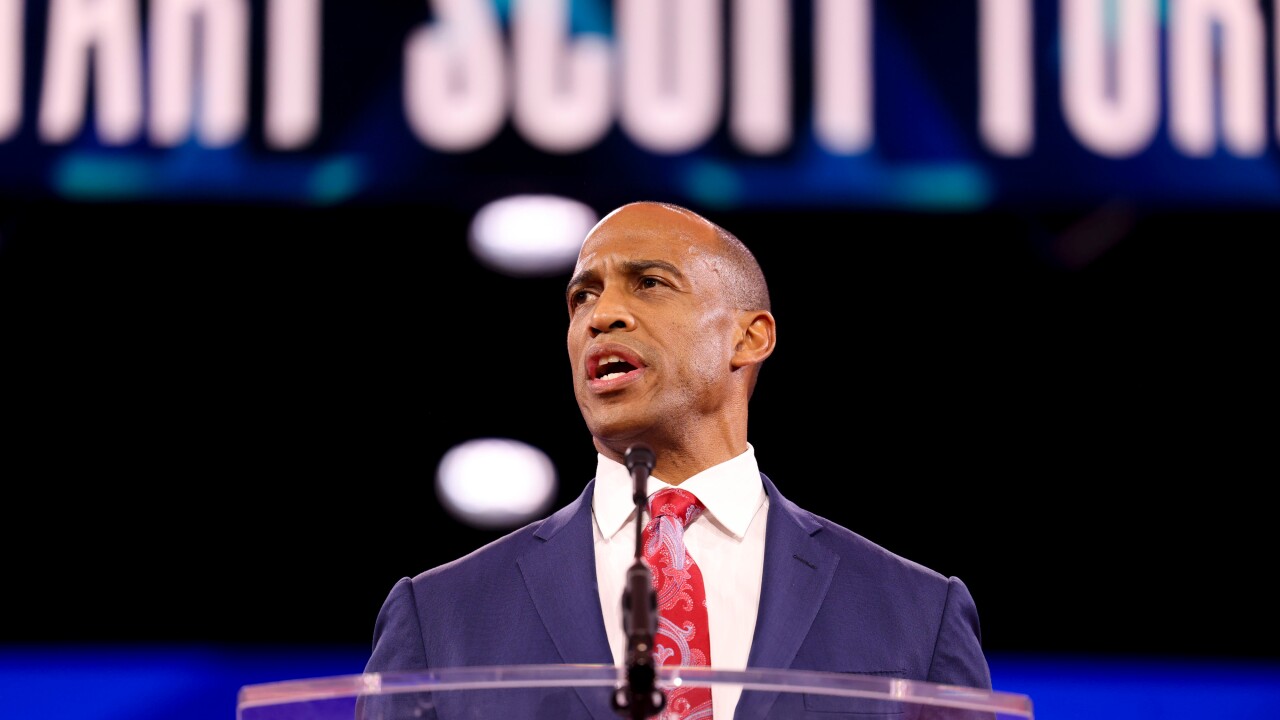
The venerable mortgage interest deduction has passed its hundredth birthday and generated a
The deduction is the most sacred of sacred industry cows, sparking passionate opinions pro and con. Some in the industry say it is an indispensable support to the real estate and mortgage markets. Others say
A nonprofit housing group has found an ambitious middle ground. It wants to reform the deduction and use the money saved for a breathtaking goal—ending homelessness in this country.
Keep the mortgage interest deduction, argues the National Low Income Housing Coalition, but
But the two constituencies backing this modification idea differ drastically on what is to be done with the extra revenue it would bring in. Camp would like to apply it to reducing income taxes. The housing coalition wants to use the money to fund a dormant
What’s wrong with the venerable deduction, which celebrated its centennial last year? "There's a lot of things wrong with it," says Sheila Crowley, the coalition's president. "It's regressive, inefficient, expensive."
It also is not being used by as many as half of current homeowners, she says. "You have to itemize. Only half the people who pay mortgage interest get to take the mortgage interest deduction."
How to fix that? Turn the deduction into a
Industry groups like the
Here is the entirety of the Realtors' position paper on the deduction: "The mortgage interest deduction is a remarkably effective tool that facilitates homeownership. NAR opposes any changes that would limit or undermine current law."
And
"To repeal the mortgage interest deduction would yank the safety net out from under millions of U.S. households," he concludes.
Crowley figures the money saved by switching to a 15% tax credit would come to about $230 billion over 10 years and could be used to achieve a lofty goal: ending homelessness in America. She would have the savings fund an entity authorized in Congress by the 2008 Housing and Economic Recovery Act that was supposed to be funded by Fannie Mae and Freddie Mac. The National Housing Trust Fund does exist, but has not been funded as Fannie and Freddie became wards of the federal government that same year.
The fund is designed to expand and reserve affordable rental housing to low-income families. Targeting the very low-income end of the spectrum could end homelessness within a decade without increasing the federal deficit, the coalition argues.
Crowley admits that the legislation containing her group's proposal,
Adding another tax credit won't please reformers who would like to cut them (
I always like it when people and groups think big. Ending homelessness in the next ten years is exactly the kind of thing the federal government can do to be useful in the housing industry. The pessimist in me, though, fears Congress will still be kicking tax reform around when the mortgage interest deduction reaches its bicentennial, in 2113.
Mark Fogarty, Editor at Large atNational Mortgage News, brings more than 30 years of experience to his analyses of the mortgage market.





